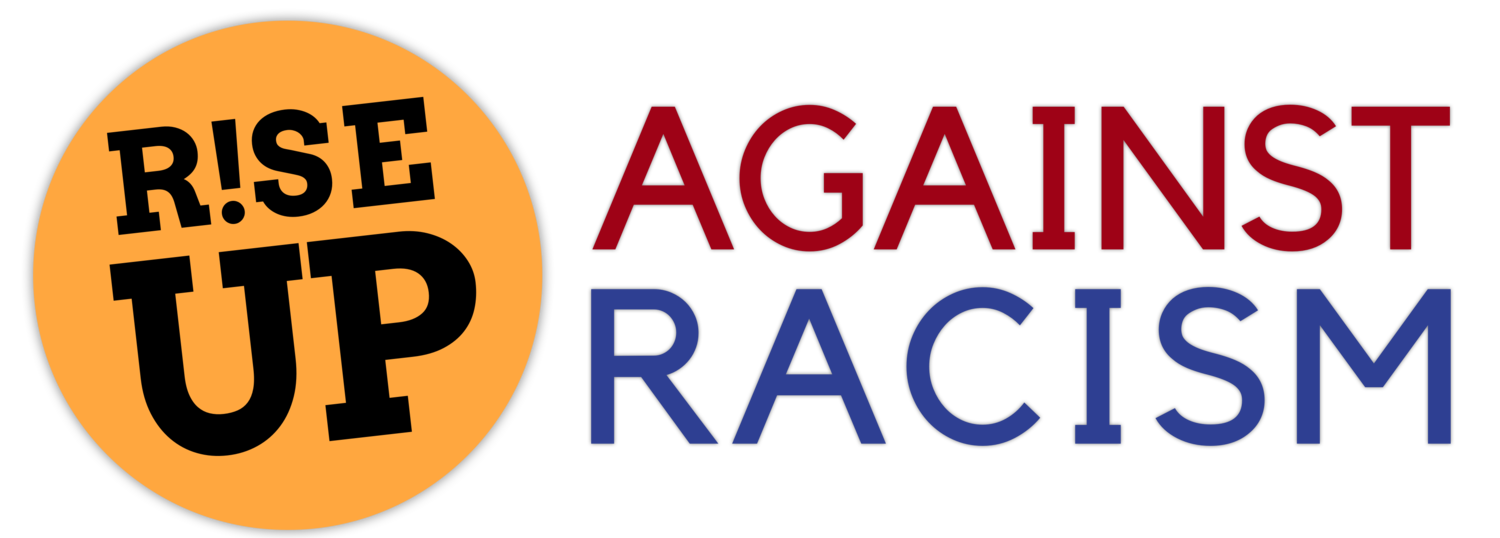Juneteenth
This week, Juneteenth was officially established as a federal holiday. The United States Senate unanimously passed a resolution on Tuesday, and the measure was approved in the House of Representatives one day later. For the first time in 156 years, the day that enslaved people learned that chattel slavery was outlawed will be commemorated as a federal holiday.
And, although activists like 94-year-old Opal Lee have been fighting to commemorate Juneteenth for decades, establishing it as an official holiday comes at a time when many are calling out the hypocrisy and challenges that our country continues to face as it confronts its racial past.
“Juneteenth may mark just one moment in the struggle for emancipation, but the holiday gives us an occasion to reflect on the profound contributions of enslaved Black Americans to the cause of human freedom. It gives us another way to recognize the central place of slavery and its demise in our national story. And it gives us an opportunity to remember…that our experiment in liberty owes as much to the men and women who toiled in bondage as it does to anyone else in this nation’s history.”
— JAMELLE BOUIE
On June 19, 1865, after white Southerners had continued the enslavement of Black people by concealing the Civil War’s end, Union soldiers arrived in Galveston, Texas, and alerted the city’s enslaved people of their emancipation. The Civil War had been officially over for two months, and President Lincoln’s Emancipation Proclamation had been enacted two years earlier. Freedom had arrived, but it was long overdue and not without a tremendous struggle. In so many ways, the fact that enslaved people were not made aware of their liberation is truly representative of more than two centuries of dehumanization, inequality, and an outright denial of the American promise.
Further, the observance of Juneteenth and the amplification of its significance is once again met with devastating backlash, as it historically has, every time Black humanity is asserted. While many Americans celebrate the establishment of the Juneteenth federal holiday, The New York Times’s 1619 Project has been vilified and, in some cases, banned from schools. As young people have engaged in powerful uprisings for racial justice across the country and around the world, several states have passed laws making it illegal for educators to discuss racism, white supremacy, or issues of racial inequity in K-12 classrooms. The fact that Black Americans are statistically discriminated against in the criminal justice system, are represented in overwhelmingly disproportionate numbers in high poverty schools, continue to be denied full access to the voting booth, and struggle to survive in communities that lack necessary access to essential resources like healthy food and medical care, serve as critical reminders that Juneteenth is both a day of celebration and a vital call to action. Here are some ways you can take action to honor Juneteenth.
Share the story of Juneteenth with your family. Books are a great way to spark conversation about Juneteenth. Drew and Vaunda Micheaux Nelson’s Juneteenth provides young readers with the historical context of the holiday accompanied by beautiful images. The beloved characters of Sesame Street are featured in a moving and educational song about Juneteenth. The National Civil Rights Museum hosts the Small But Mighty Storytime and features books focused on social change. The Roots created an excellent video for young viewers about Juneteenth.
Engage in community events. All over the country, organizations and communities are celebrating Juneteenth. Here in the San Francisco Bay Area, there are so many opportunities to honor the day and elevate Black culture. Virtually, the Smithsonian National Museum of African American History and Culture is hosting JUNETEENTH: CELEBRATION OF RESILIENCE where visitors can take part in educational programming, learn about African American food, search thousands of primary sources, and explore resources for children and teens.
Get involved with organizations that protect voting rights and civil liberties. Juneteenth offers opportunity for meaningful, transformative engagement. The American Civil Liberties Union has many different ways to donate, volunteer, and connect with lawmakers. Stacey Abrams’s Fair Fight Action organization was founded in 2018 and focuses on education, voter mobilization, and the end of voter suppression.
Support Black owned businesses. Juneteenth weekend offers an important moment to learn about and patronize the Black owned businesses in your community. Marcus Books, the oldest Black owned bookstore in the United States, for example, is a special place with a rich history. This collection of Black owned businesses, though not exhaustive, provides shoppers with an excellent array of options for apparel, flower delivery, health and wellness products, and homewares.
About Rise Up Against Racism
Our organization was launched on Juneteenth of last year. As we grappled with the horrifying murder of George Floyd and so many other victims of racial violence, we were also struck by how little each of us had learned about our country’s complex and often painful racial history. Believing that education and representation are crucial elements in the disruption of racism, we embarked on our journey of providing communities across our region with ready access to antiracist books.
As we begin our second year, we are more committed than ever to creating spaces for learning, listening, and activism. We honor enslaved people and their ancestors, and we celebrate Juneteenth with reverence and joy. This is truly a moment for all of us to recommit ourselves to the sacred ideals of freedom, justice, and equality through engagement and action.


